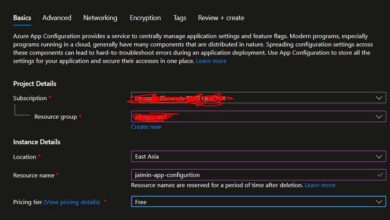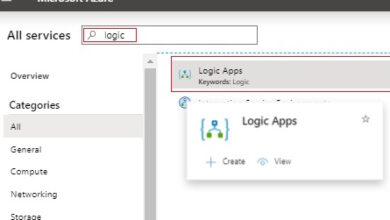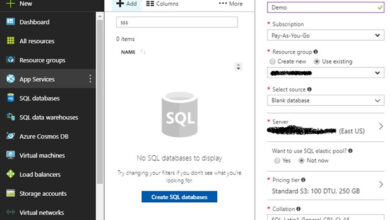Azure Blob Storage: Simplifying Cloud Data Management
Welcome to the Age of Efficient Data Management!
In today’s digital era, data plays a crucial role in the day-to-day operations of any organization. Whether it’s customer records, product images, or application logs, effectively managing and securing data is of utmost importance. This is where Azure Blob Storage comes into the picture. As a robust and scalable cloud-based solution offered by Microsoft Azure, it provides the means to address these data management needs. In this article, we’ll explore the key features, use cases, and best practices for harnessing the power of Azure Blob Storage.
What exactly is Azure Blob Storage?
Azure Blob Storage is an incredibly flexible and cost-effective cloud storage service, making it an integral part of Microsoft Azure’s comprehensive suite of cloud computing resources. The term “Blob” refers to “Binary Large Object,” and this service specializes in storing and managing unstructured data, including documents, images, videos, and backups.
Key Features that set Azure Blob Storage apart
- Scalability: Whether you’re a small startup or an established enterprise, Azure Blob Storage effortlessly handles your storage needs. With virtually limitless storage capacity, you can store an extensive amount of data.
- Data Redundancy: Ensuring the availability of your data is paramount. Azure provides multiple options for data redundancy, so your data remains easily accessible even in the face of hardware failures.
- Security: Blob Storage ensures robust security by employing encryption both at rest and in transit. Additionally, it offers features such as role-based access control (RBAC) and seamless Azure Active Directory integration.
- Data Tiers: Azure Blob Storage provides different storage tiers to cater to various use cases. These tiers, including Hot, Cool, and Archive, come with distinct pricing and availability characteristics, helping you optimize costs according to your needs.
- Data Lifecycle Management: By setting up automated lifecycle policies, you can easily manage the movement or deletion of data based on predefined criteria. This feature not only helps with data compliance but also aids in cost reduction.
Use Cases that Benefit from Azure Blob Storage
- Media and Entertainment: Efficiently store and stream videos, images, and media files for your media or entertainment platforms.
- Backup and Disaster Recovery: Create reliable backups and implement robust disaster recovery solutions.
- Data Lakes: Build powerful data lakes for storing and analyzing substantial volumes of unstructured data.
- IoT Data: Store and manage data generated by Internet of Things (IoT) devices, enabling valuable insights and analytics.
- Archiving: Utilize the Archive tier for long-term retention of data, compliance records, and historical logs.
Best Practices for Making the Most of Azure Blob Storage
- Optimize Costs: Assess the access patterns of your data and choose the most appropriate storage tier to minimize costs.
- Data Encryption: Always enable encryption to ensure the utmost security of your data, both at rest and in transit.
- Access Control: Implement Role-Based Access Control (RBAC) and access policies to regulate data access.
- Lifecycle Policies: Leverage lifecycle management to automate data retention and deletion tasks, simplifying your data management processes.
- Monitoring and Alerts: Set up proactive monitoring and customized alerts to quickly detect and respond to any potential issues.
- Versioning: Enable versioning to maintain historical copies of your data, ensuring data integrity and audit trail.
Conclusion: Unlocking the Full Potential of Azure Blob Storage
Azure Blob Storage proves to be a versatile and powerful solution for storing and managing unstructured data in the cloud. Whether you need to store critical business data securely, establish a data lake to drive insightful analytics, or optimize archiving costs, Azure Blob Storage offers the necessary tools and features for all your data management requirements. By adopting best practices and fully understanding its capabilities, you can effectively harness the power of Azure Blob Storage for your organization. So, why not explore the possibilities today?
Thank you for taking the time to read about the amazing features of Azure Blob Storage. At Skrots, we also provide similar cloud data management services, offering you the opportunity to make the most out of your data. To learn more, visit our website https://skrots.com and check out all the services we provide at https://skrots.com/services. Feel free to browse through our extensive blog collection at https://blog.skrots.com for more informative articles. We look forward to assisting you with your data management needs.




